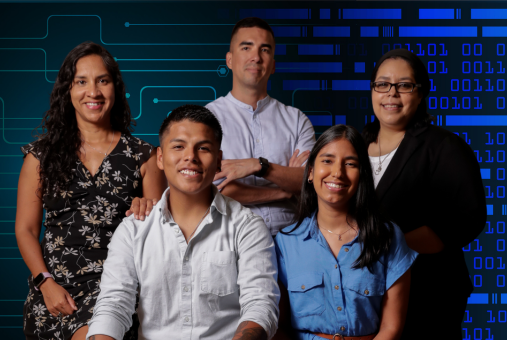
Journalists at the Peruvian newsroom automated some of their work to build tools so readers could compare dozens of candidates’ backgrounds and proposals. AI handled the repetitive tasks, but journalists provided the judgment.
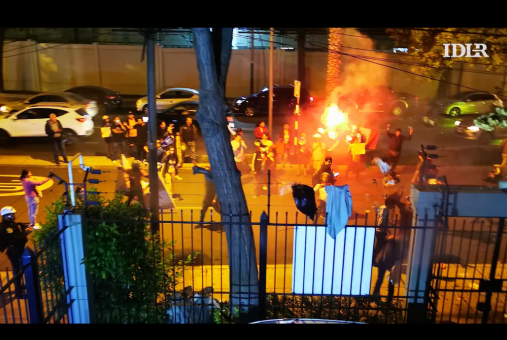
An investigation by IDL-Reporteros and CLIP revealed how disinformation linked to political and business figures spread through social media and escalated to legal pressure and harassment against journalists.
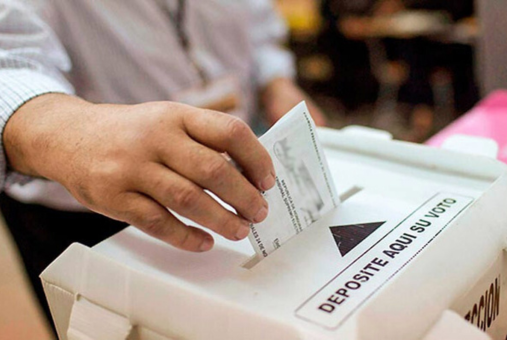
With the military casting suspicion on the press and pushing to unmask sources, local journalists are turning to one another — and to bulletproof vests — to ensure they can cover their country’s elections.
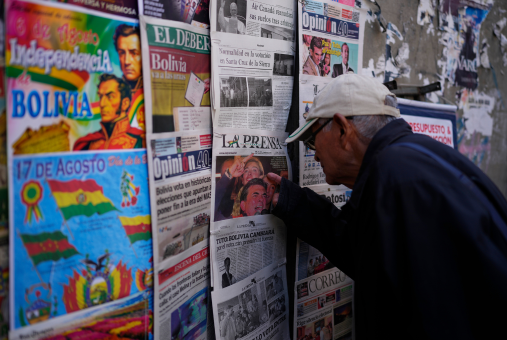
As Bolivia prepares to elect a new president, journalists face escalating threats while navigating a polarized landscape shaped by disinformation, political attacks and gender-based aggression.
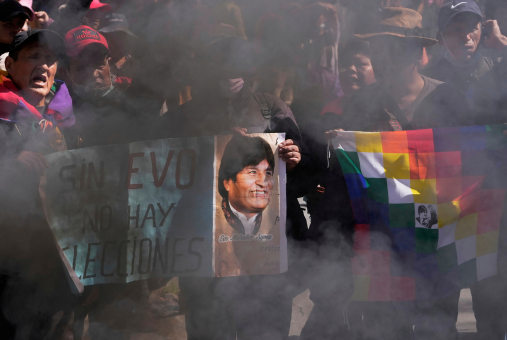
Journalists in Bolivia are facing escalating political violence in the run-up to the August vote. Some have been abducted or assaulted, and press groups warn unrest may intensify after election day.
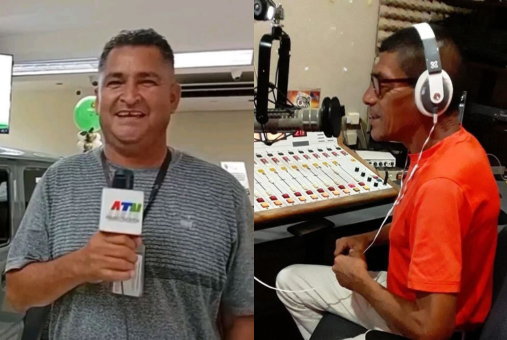
The murder of two journalists is the latest sign of mounting threats to the press in Honduras. Media advocates warn the rising violence is a threat to democracy across the region.
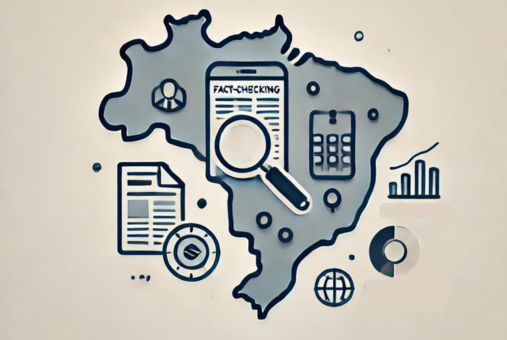
As Brazil gears up for municipal elections, independent media are introducing new initiatives to make political information more accessible and reliable, ranging from monitoring WhatsApp and Telegram to aggregating official data.
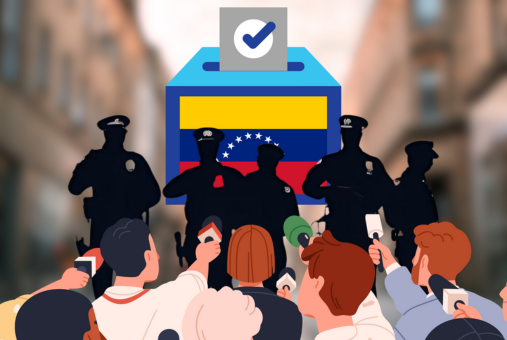
Organizations defending press freedom recorded more than 40 cases of attacks on media outlets and journalists during presidential elections in Venezuela. Most were cases of intimidation and obstruction of journalistic work in voting centers. At least three journalists were detained while reporting.
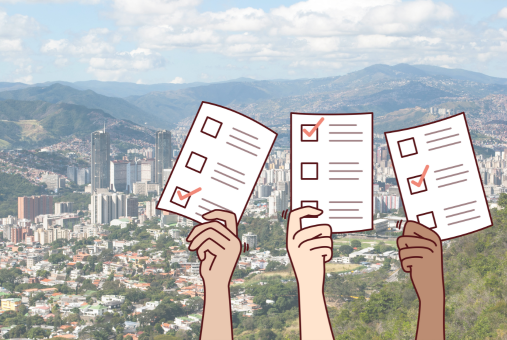
Battling disinformation and using collaboration as a weapon, Venezuelan journalists are preparing for the next presidential elections to be held on Sunday, July 28.
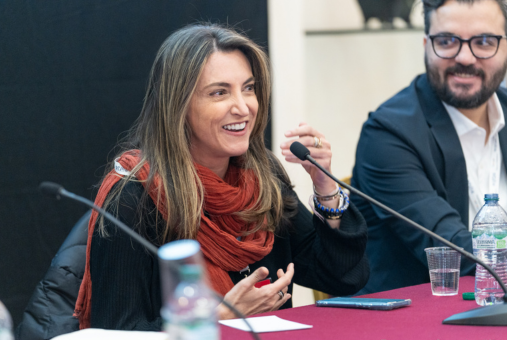
The importance of monitoring disinformation in political campaigns, the risks of using social networks to influence public discourse and the current role of fact checking were some topics that panelists from Argentina, Brazil and Mexico addressed at the International Journalism Festival 2024, in Perugia, Italy.
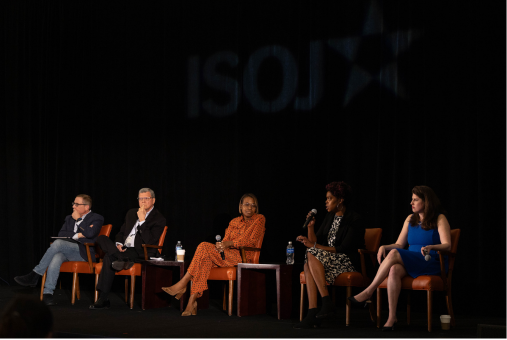
Journalists indulged in a lively, and occasionally profane, discussion of media coverage of U.S. election cycles and the upcoming presidential election during an April 13 panel at the 25th ISOJ centered around the question, “The media and election season: Are we gonna get it right this time?” The panel, which featured four top-notch journalists, was […]

LJR presents an interview with Brazilian-German political scientist Paula Diehl, who has studied the relationship between the media and populism for over 20 years. According to her, simplification, dramatization and a taste for conflicts and scandals bring together the logics of populism and journalism.